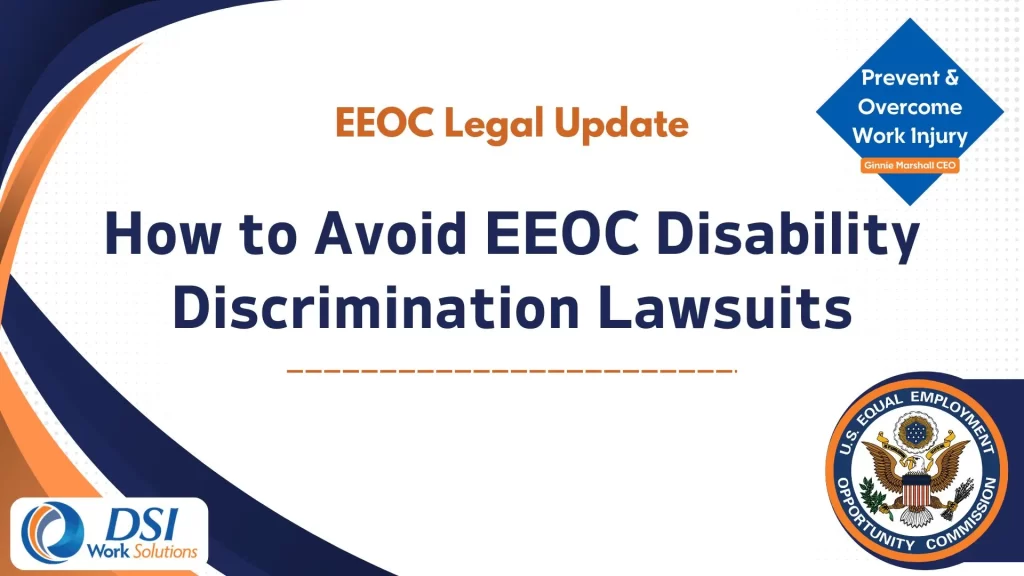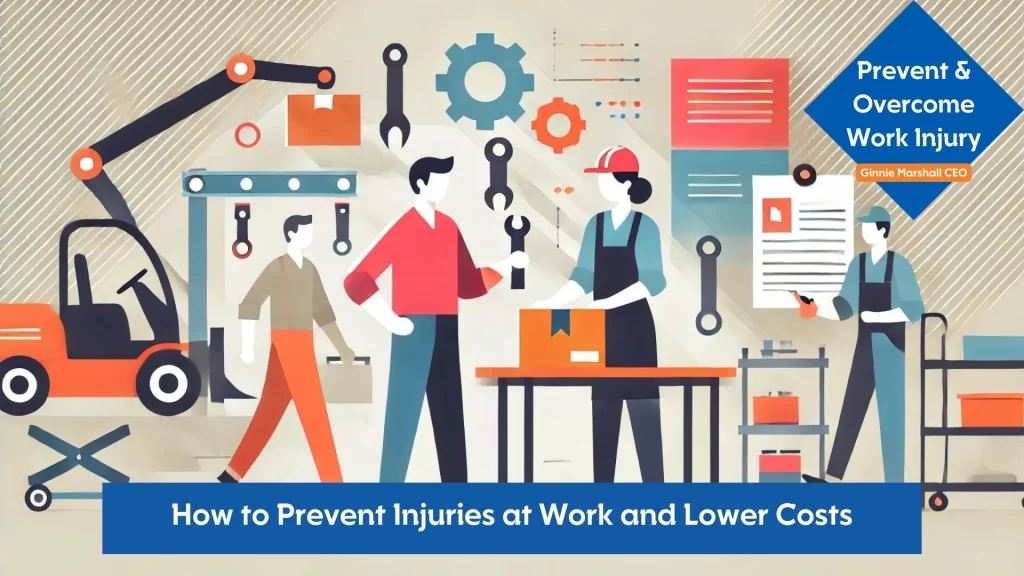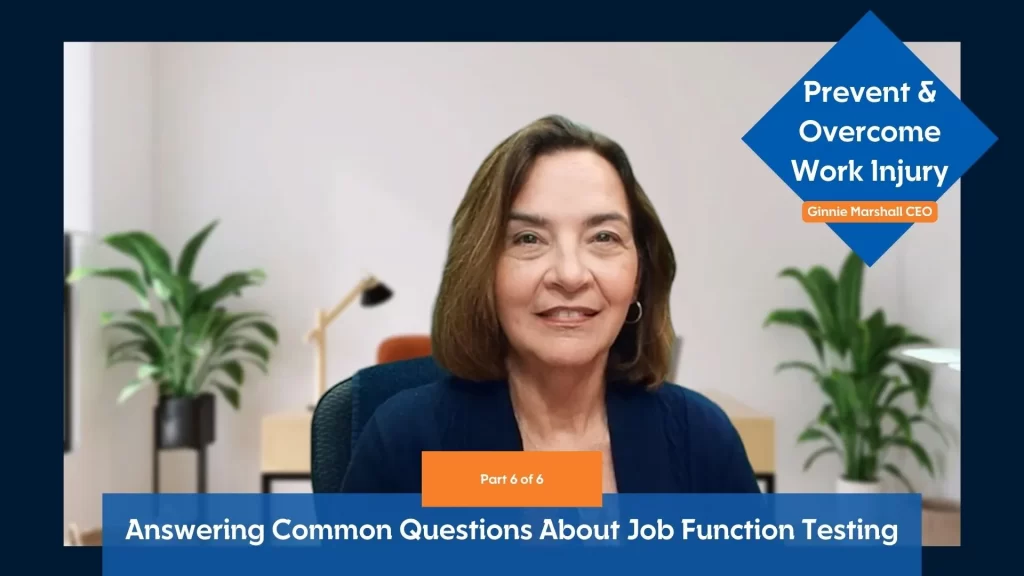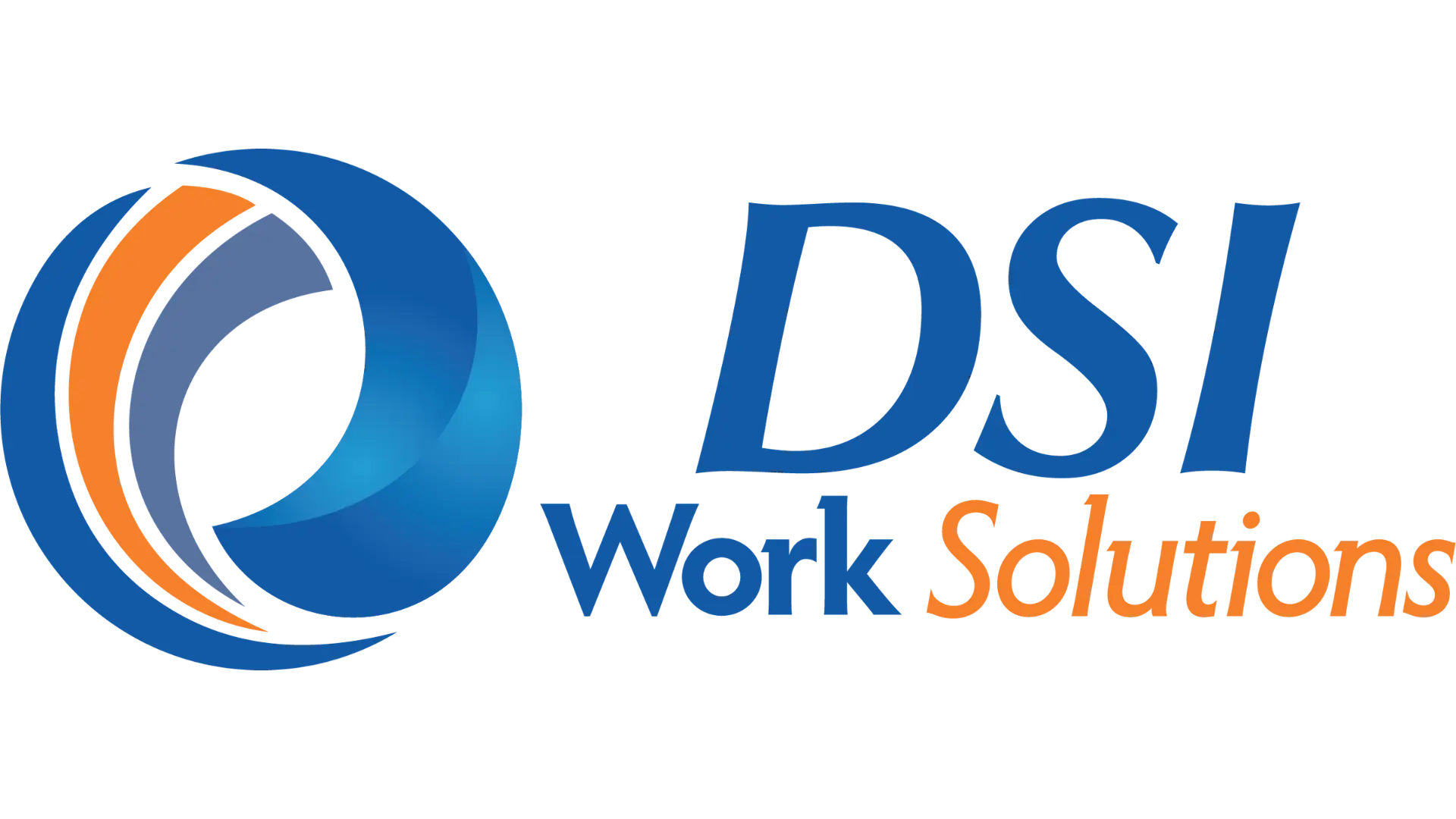
The U.S. Equal Employment Opportunity Commission (EEOC) recently filed lawsuits against three employers in the hospitality, manufacturing, and food production industries for alleged violations of the Americans with Disabilities Act (ADA). These cases underscore the importance of matching job requirements with specific physical and other necessary qualifications, providing reasonable accommodations, and avoiding rigid application of policies.
Employers are encouraged to work closely with healthcare experts to determine whether an accommodation is possible and beneficial. In order to do this efficiently and effectively, they should have well-documented job descriptions outlining essential functions and each essential function’s physical requirements. Most importantly, these types of costly lawsuits can be avoided.
Overview of the Cases
- 1. TNNY Hotel, LLC, and associated entities: The lawsuit claims that the hotel refused to accommodate an employee with a knee condition that limited her ability to stand or walk for more than 30 minutes at a time. Apparently despite being able to perform all essential job functions, she was denied the use of a stool at the host stand and was ultimately terminated.
- 2. Smith’s Detection Inc.: The lawsuit claims the company demoted an employee who had complete hearing loss in her left ear. The employee had requested personal protective equipment (PPE) to protect her remaining hearing from the noise of manufacturing equipment. Instead of accommodating her request, the company demoted her to a lower-paying position in a quieter area.
- 3. Holsum of Fort Wayne, Inc.: The lawsuit claims the bakery failed to accommodate an employee who needed to use a walker to move more than 100 feet, as prescribed by her physician. Holsum’s refusal to modify its policy made it impossible for her to access essential areas of the workplace, forcing her to take leave and leading to her termination.

Importance of Essential Functions and Specific Physical Demand Requirements
These expensive and time consuming cases highlight the importance of employers establishing specific, rather than generic, essential functions and physical demand requirements for each job. Employers can measure and document the physical tasks essential to a job, such as lifting, standing, or walking for specific periods and/or distances. Clear documentation not only sets expectations but also helps employers demonstrate objectivity, and supports discussions with employees (the “interactive process”) before making a final decision as to whether an accommodation is reasonable.
For example, instead of a broad requirement that all employees must stand for eight hours, a job description should specify which essential functions require standing and to what degree. Then the accommodation can be specifically discussed and considered. Employers must also consider safety in their decision making. This is not brought out in the EEOC’s article. For example, it is possible that a safety issue may present itself in using a walker.
Importantly, this documentation helps employers make informed decisions based on the actual needs of the job rather than being based on assumptions or stereotypes about disabilities.

Coordinating with Healthcare Experts
When considering accommodations, employers can coordinate with healthcare experts to add credibility to their decision making. These professionals can help employers determine whether an accommodation would solve the issue and be beneficial for the employee. By consulting with medical experts, such as specialists who would come to the worksite to investigate further, employers can gain more insight into the potential accommodations that could enable the employee to perform the essential functions of their job.
For instance, in the case of the hotel, a healthcare professional could have provided insight into how using a stool might have alleviated the employee’s knee condition while still allowing her to fulfill her job duties. This interaction at the workplace could have added solid objectivity to the employer’s decision to not provide the stool, offered another solution, or convinced the employer that the accommodation was reasonable and would not interfere with the employee’s ability to perform the essential functions of the job. The final decision could have been documented with evidence from the medical expert’s input and also the safety professional’s input.
Engaging healthcare experts can help prevent misunderstandings and avoid legal challenges. It also demonstrates the employer’s commitment to finding reasonable solutions that enable employees with disabilities to succeed in their roles, creating a more positive experience for both employee and employer.

Avoiding a “Bright Line” Approach
A “bright line” approach refers to the rigid application of policies without considering individual circumstances. Such an approach can be detrimental, especially in accommodating employees with disabilities.
Employers should avoid this inflexible approach by assessing each situation on a case-by-case basis. Policies should guide decisions but also allow for exceptions when individual circumstances warrant them.

Conclusion
EEOC lawsuits are on the rise. The EEOC’s lawsuits against these three employers emphasize the importance of documenting a job’s essential functions with specific physical and other necessary qualifications. Employers should clearly document the essential functions of each job and document the unique physical requirements necessary to perform them. Additionally, employers can coordinate with healthcare experts to determine whether accommodations are feasible and beneficial.
By avoiding a rigid, “bright line” approach to policy application and considering each accommodation request individually, employers will support having an inclusive workplace and substantially reduce the risk of discrimination lawsuits. Following these best practices not only ensures compliance with the ADA but also fosters a fair and safe work environment for all employees.












.webp)